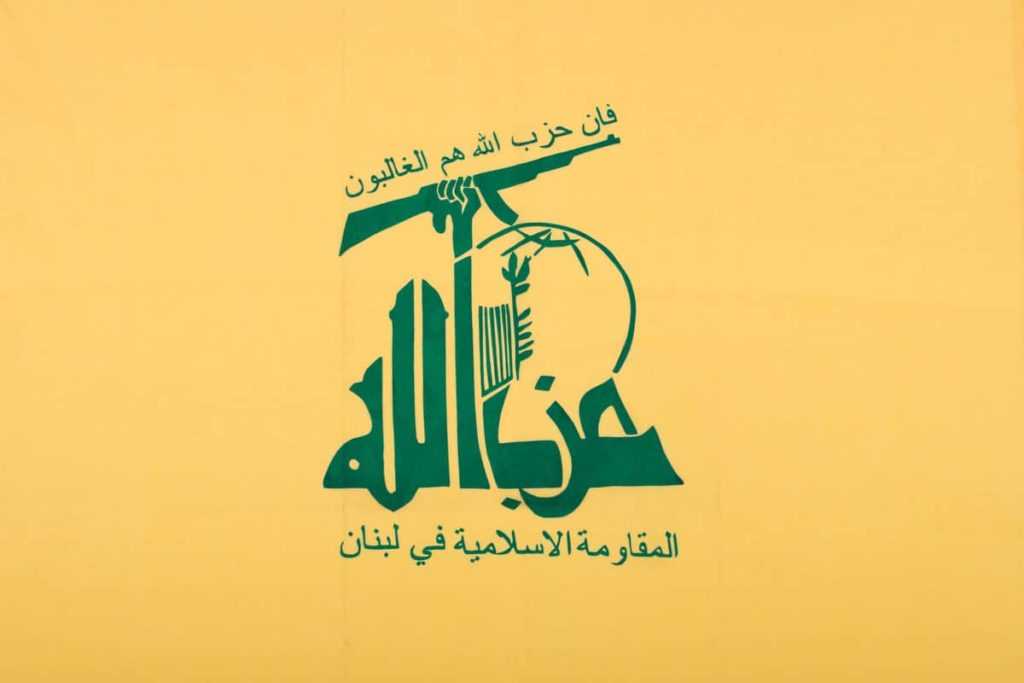Does Germany’s Hezbollah crackdown show way forward on terror?
The German government has finally moved forward on designating the political wing of Hezbollah, the Lebanese terrorist organization beholden to Iran, as a terrorist group. The designation comes after many years of U.S. pressure on the German government to take concrete steps to reign in Hezbollah’s activities.

The German government has finally moved forward on designating the political wing of Hezbollah, the Lebanese terrorist organization beholden to Iran, as a terrorist group. The designation comes after many years of U.S. pressure on the German government to take concrete steps to reign in Hezbollah’s activities.
German police and special forces units wearing balaclavas and carrying automatic weapons conducted pre-dawn raids against Hezbollah-affiliated mosques and organizations in dozens of locations across Germany. German intelligence has long tracked and identified Hezbollah operatives, estimated at more than a thousand, across Germany as they engaged in a variety of propaganda and fundraising activities. While the so-called “military-wing” of Hezbollah has been designated for some time in Europe, the distinction between political and military wings prevented stronger action in Germany.
Getting Germany to act on Hezbollah was the result of a major U.S. diplomatic effort. Ambassador to Germany Richard Grenell, told the Jerusalem Post,
“The entire US embassy in Berlin has worked with the German government and the Bundestag for two years to push for this ban. It’s an incredible diplomatic success that we hope will motivate many officials in Brussels to follow suit with an EU-wide ban.”
The German government under German Chancellor Angela Merkel fought U.S. designation efforts aggressively, arguing that Hezbollah played a relevant role in Lebanese political life, likely part of Germany’s general foreign policy difference with the U.S. over Iran, where Germany has been reluctant to support U.S. sanctions efforts. Germany’s decision to ban the Lebanese terror group should help future U.S. efforts to extend total designation to the broader European Union.
The desire to subdivide jihadist groups into political and military wings remains a major failing for Western counterterrorism efforts. Even in the U.S. where there is no legal distinction, the targeting of terror financing and propaganda operations for jihadist groups has fallen off since the heyday post-9/11 when the U.S. aggressively prosecuted material support for terrorism statutes.
The German police response—which swiftly targeted more than a thousand suspected Hezbollah members or affiliates for arrest or questioning—indicates that the Germans maintained solid intelligence on the presence of jihadists and their sympathizers inside their territory, including those not actually engaged in terrorist operations. Previous reports from German intelligence showed that Hezbollah and Hamas supporters in Germany had played a major role in fomenting violent antisemitism.
German intelligence has long tracked Islamist groups –both Sunni and Shia—which are purportedly non-violent but represent a genuine threat to security in part by facilitating financing and recruitment for jihadist groups.
In recent years, non-violent facilitators of radical Islam have been a growing concern for Germany. A 2018 report from the German Office for the Protection of the Constitution called the Muslim Brotherhood –which is designated as a terrorist group in several Arab states but not in the West—a larger threat to German democracy than either the Islamic State or Al Qaeda. Germany reports tracking as many as a thousand Brotherhood members in its territory.
Ironically, the United States has designated two of the Muslim Brotherhood military “wings” or offshoots –the HASM movement and Liwa Al-Thawra—but the State Department has aggressively resisted designating the Muslim Brotherhood, due to the role it plays in several nations as a political party, despite clear evidence that it engages in terrorist propaganda and financing.
Additionally, once Hezbollah was designated, German law enforcement did not hesitate to target Hezbollah fronts, even where they were incorporated as religious centers. It is difficult to imagine the U.S. being able to take similar swift action against jihadist-controlled mosques. U.S. Law enforcement surveillance efforts which provided intelligence on terror-linked mosques, including the highly effective NYPD intelligence program, have largely been shut down thanks to political pressure from Muslim Brotherhood and far-left groups.
The German designation of Hezbollah’s political wing is excellent news. The logic which the U.S. applied in its pressure on Germany to designate –that Hezbollah’s political connections and role in the Lebanese government should not preclude aggressive enforcement—is a lesson that should be more broadly applied to other Islamist groups as well. The U.S. would do well to emulate Germany’s successful monitoring of Islamist and jihadist fronts.
- Anarchists call for solidifying gains, expanding violent insurgency - February 5, 2026
- Shideler: Resistance to Immigration Enforcement Is Fierce in Minnesota - February 2, 2026
- The Revolution Is On in Minnesota - January 26, 2026
